Director’s Statement
The first time I crossed the Calcasieu River and gazed out at the mesmerizing panorama of industrial structures, I was both enthralled and terrified. Miles and miles of lights, fire and smoke in every direction; smells and sounds unlike anything I had ever experienced. At the center of this apocalyptic world lay the remnants of Mossville, a community that was once a safe haven for generations of people, a space that once represented self-sufficiency and resilience. And in what has become a contaminated wasteland, next to the decaying wooden homes that once housed thousands of residents, I met Stacey Ryan.
Stacey’s story is one of defiance and struggle. His mere survival, like Mossville’s founding, is an act of resistance, a desperate battle to not be erased, to demand justice, to let the world know that “we existed.”
I first heard about Mossville from Monique Harden, an environmental justice lawyer and local New Orleans hero. After watching my documentary film Big Charity, she prophetically told me that she wanted to take me to a place called “Mossville.” I could tell by the way she said it that it would become a life-changing invitation. But I had no idea that it would not only deeply alter my own ethos, but that it would introduce me to people that would have such a profound effect on me personally. Over the past three years I have spent countless hours there, not just filming, but building deep relationships with the film’s participants. I have attended graduations, family dinners, and birthday celebrations (including my own) with the Fishers, who have become like a second family to me. I spent many days and nights with Stacey in his trailer, immersing myself in his environment and creating a friendship for which I will always be grateful.
Director/Editor Alexander John Glustrom
In addition to my strong relationships with those in the film, my producer Daniel Bennett has been an important partner in the process. I met Daniel, a photographer and activist who grew up in Mossville, in the early days of my treks across the state. His participation in the creation of the film as a top member of our team has been crucial. As a white male with considerable privilege, I know it would be neither possible nor ethically responsible for me to correctly portray a story that is not my own, without significant collaboration with someone that has a lifelong lived experience there. Additionally, our Executive Producer Michelle Lanier, who served as the Executive Director of North Carolina’s African American Heritage Commission, has been a guiding light for us on how to engage with the Mossville community, how to thoughtfully and honestly edit the story, and how to present the film to the public.
For much of the country, stories of police brutality and the carceral state are important signifiers of racial inequality, but environmental racism is far too often overlooked despite it being a devastating force of violence and displacement. As we watch an unprecedented federal rollback of industrial regulations, and the effects of climate change become ever more apparent, the decisions of who suffers the consequences become increasingly critical. It is more important than ever that stories like Mossville demonstrate that race is a regularly determining factor of who is disproportionately denied access to clean air, land and water. My hope is that the film can alter audiences’ perspectives as it has my own and force people to reckon with the realization of who most often bears the burden of our energy consumption and production. Mossville will not only be an effective organizing and fundraising tool for those on the frontlines but it will hopefully become a universal rallying cry against environmental racism.
Alexander John Glustrom
Director/Editor

